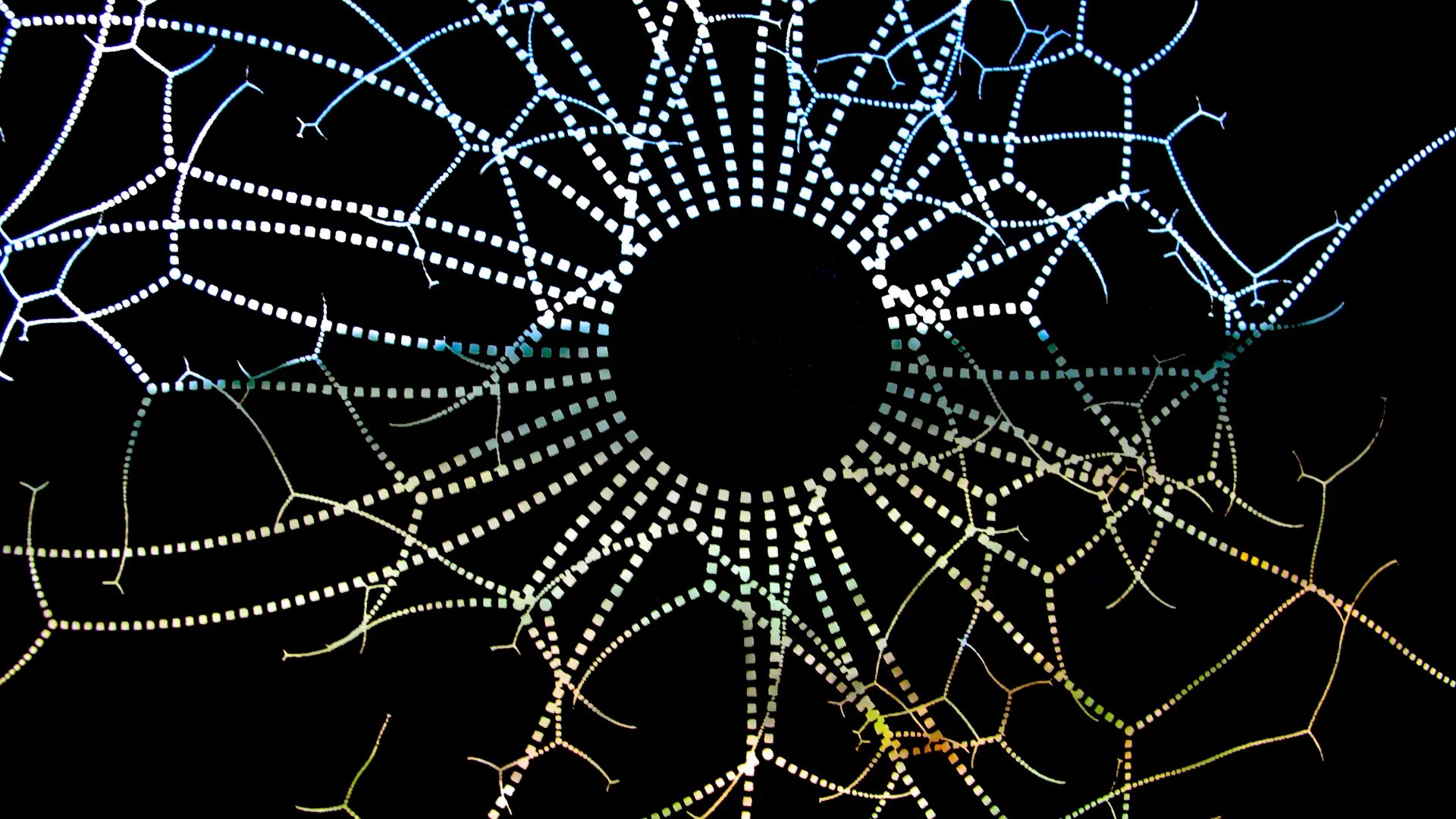
Artificial intelligence, big data, algorithms, sensors, and models are increasingly shaping today’s society and culture as humanity increasingly apprehends and creates the world through a multitude of digital technologies.
Digital infrastructures and the grand challenges of our times
The grand challenges of our times are increasingly handled and understood through digital means. Today, societies use digital infrastructures and technologies to know and deal with issues ranging from pandemic response, telecommunication, smart cities, wars, climate change, collapsing ecosystems, water shortages and floods, biological bodies, changing economies, as well as migration. Moreover, digital infrastructures and services are embedded in systems of competition between major actors, with significant repercussions for international relations.
In this shift toward a digital world, it is a pressing matter to understand how digital infrastructures are reshaping science, society, and culture, both nationally and internationally.
Cutting edge interdisciplinary dialogue
The Digital STS Hub at Chalmers gathers leading scholars that study how these digital infrastructures change how we organize, understand, and produce knowledge about the world. Connecting cutting edge researchers dealing with modelling, artificial intelligence, algorithms, and the datafication of society the Digital STS Hub creates an interdisciplinary dialogue that challenges our taken for granted notions about the emerging digital world. The Digital STS Hub contributes new insights on policy and strategy for the digital future.
The Digital STS Hub fosters new research collaborations and projects, stimulating interdisciplinary dialogue, policy debates, deepening theoretical insights, and helping to understand unfolding social, cultural, and political challenges in the digital realm.
Current research
Researchers affiliated with the Digital STS Hub deal with questions ranging from water modelling, citizen science, travelling algorithms, gaming, artificial intelligence in science, digital policy frameworks, platform competition, and the identification of “aliens” in space and migration.